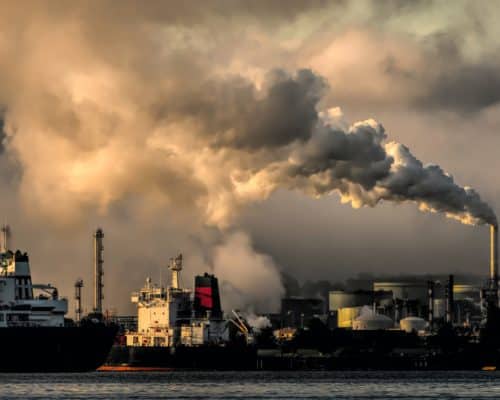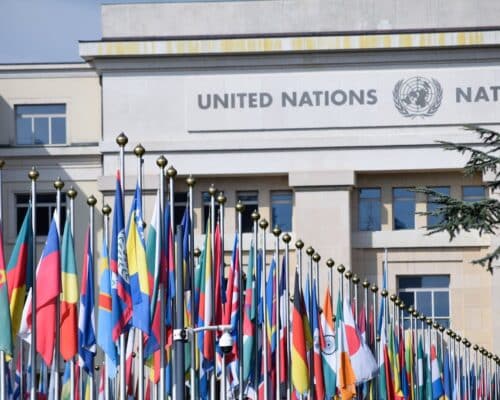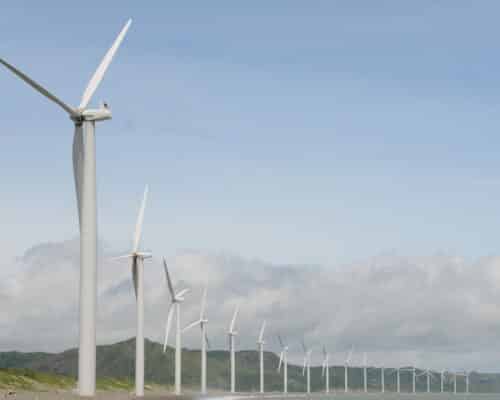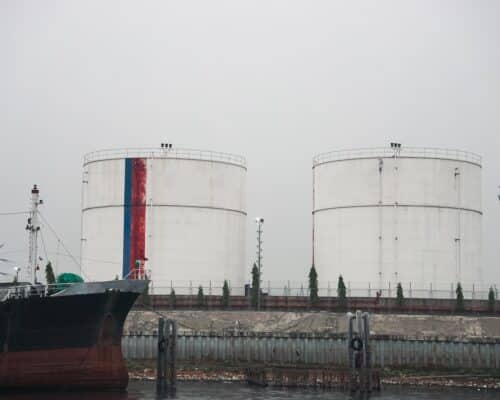Articles
What Is Behind the Japan Ammonia Greenwash Accusations?
The Japan ammonia greenwash accusations are the latest testament of the country's hesitance to actively pursue a renewable-led future. After hydrogen, it now looks towards another fuel that experts consider more of a distraction, rather than a solution.
How the Oil and Gas Sector Can Drive Renewable Energy Growth
The oil and gas sector currently employs over 12.6 million people, but demand is shrinking. On the other hand, demand for renewable energy workers is increasing.
Can Governments Implement Behavioural Change for Energy Transition?
While governments and big business are often held responsible for emissions, consumers also play a role. Behavioural change of consumers can influence change in both businesses and governments. These changes can drive impacts like subsidy swaps, fossil fuel funding restrictions, and global policies.
Innovative Energy Distribution Systems for a Fair and Just Energy Transition
Historically large vertically integrated energy providers have dominated the market. Lack of competition from energy providers has created a stagnant industry with minimal competition and interest in innovation. With the adoption of distributed energy systems, the major utilities are being challenged, spurring innovation. Energy providers will have to look to new business models to remain relevant.
How Banks Are Making It Hard to Fight Climate Change
While banks are increasingly looking to diversify into climate-friendly portfolios, many institutions continue to back coal. Due to their increased responsibility and influential role in fighting climate change, banks should aim to end support for coal expansion and redirect financing towards renewable energy projects.
The Reality Behind China’s Net-Zero Target: Can It Be Achieved?
China's 2060 net-zero target is starting to appear in question. Their recent increase in coal production, combined with lacklustre commitments at COP26, are not good signs. This raises several red flags, as China has significant influence over the region, and their climate actions will have trickle-down effects that dictate regional net-zero progress.
South Korean Green Taxonomy Declared ‘Gas is Green’
The government's decision to include gas in the Korean green taxonomy risks jeopardising the country's net-zero plans. Investors and environmental groups were quick to raise concerns, stating that, as a fossil fuel, gas carries high financial and climate risks. The question is will the Korean government listen?
Are Prosumers the Future of the Renewable Energy Transition?
Prosumers result from decentralized energy systems - they generate and use their own energy. This model is a crucial strategy for increasing electrification in remote areas, and the implementation of local microgrids allows prosumers to work in sync. Excess power generated can be sold throughout the community. Asia is ready for the rise of prosumers.

Indonesia Bans Coal Exports for January – What it Means for the World
The effect of Indonesia's decision to ban January coal exports ripples through the leading Asian economies. Coal shipment bans from leading exporters are yet another reminder that fossil fuels are a dead end and surface an extensive universe of risks. However, they might prove detrimental in putting the industry to bed.
Japan’s Hydrogen Strategy – A Detour to Carbon Neutrality
A country as developed as Japan should be leading the global clean energy transition. Yet, the progress within its domestic energy market leaves a lot to be desired. What the country needs is to focus on measures aligned to the vision for a more sustainable Japan. And prioritizing renewables instead of hydrogen might be a good starting point.
How to Achieve UN Sustainable Development Goals and Targets [Part II]
The following years will have to make up for the lack of significant progress in the implementation of the SDG goals and targets since their introduction in 2015. The key to succeeding is in collaboration and striking a harmonious balance involving governments, companies, stakeholders and society.
LNG in Asia: A Threat to Financial Stability
Emerging Asia is increasingly looking towards building new LNG capacity. IEEFA's latest analysis reveals that the faith of the majority of these projects is determined even before the start of their development.
SDG Targets: Collaboration is the Key to Asia’s Energy Transition [Part I]
The successful implementation of the SDG targets is a universal goal. The lack of progress globally presents Asia with the unique opportunity to emerge as the much-needed leader to sustainable development. To do that, it should prioritise collaboration and partnerships.
Coal In Indonesia – A Sticky Habit
Indonesia is the world's fifth-largest coal producer and largest coal exporter. Coal is a significant part of the economy and a substantial portion of its energy mix. Unfortunately, coal power has not provided electrification to many remote regions of the country and is a significant roadblock in global net-zero targets. Indonesia needs to reassess its energy policy.



